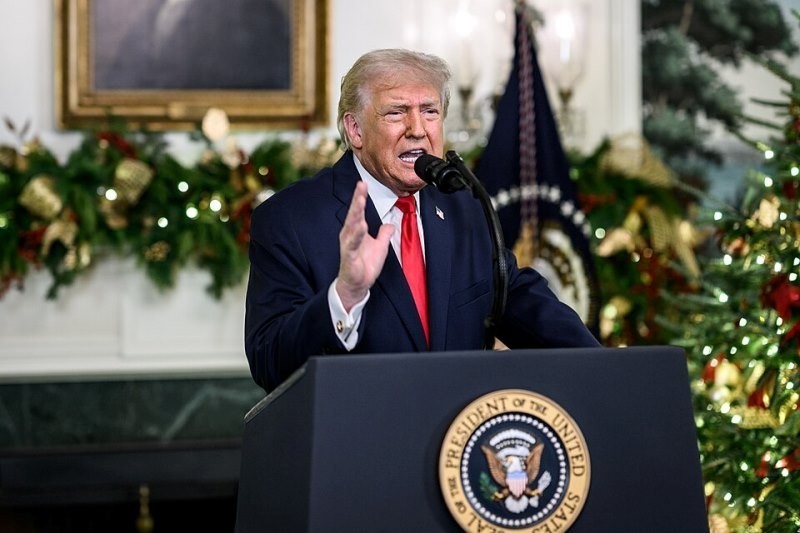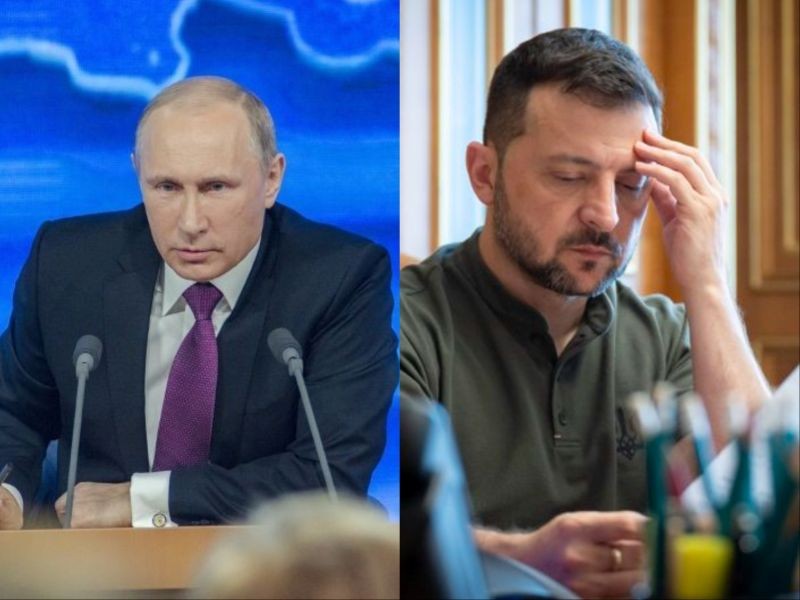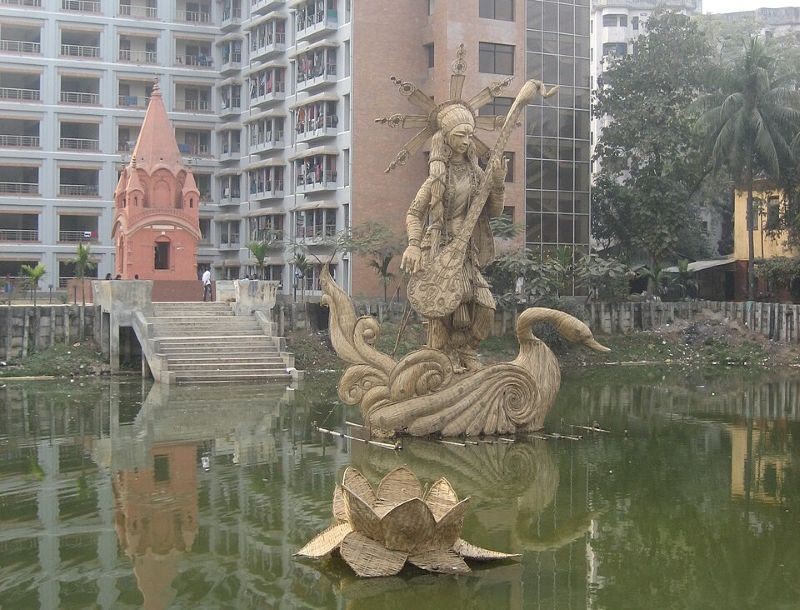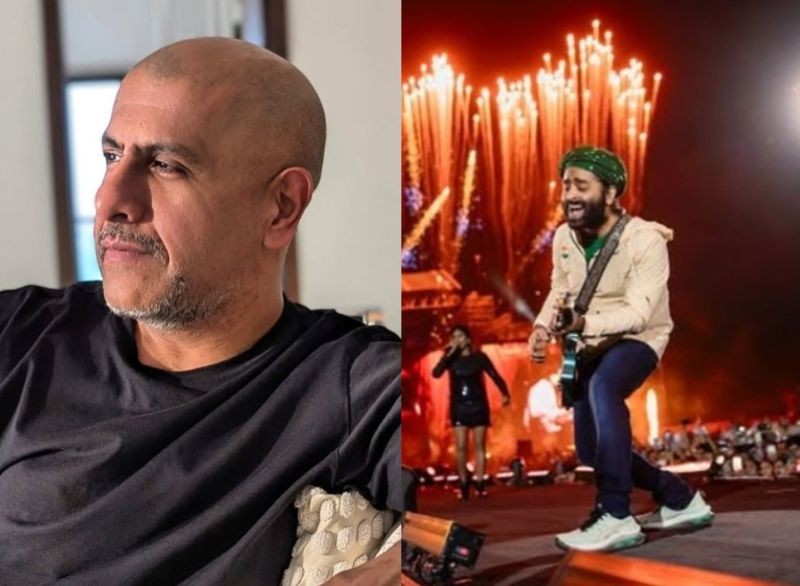China's corruption poor human rights practices spread to Africa, says Washington Post column
The Chinese government's exploitative intentions and the "China model" involving serious human rights abuses and corruption will undermine the dignity and freedom of Africans as the Asian giant led by Xi Jinping helmed Communist Party of China makes deep inroads in the African continent, according to an opinion piece in The Washington Post.
"Beijing’s involvement in Africa raises several red flags, not only because of the Chinese government’s exploitative intentions but also because of the 'China model,' in particular serious human rights abuses and corruption against Africans," wrote Washington Post commentators Jianli Yang and Carbone Beni. While Yang is a political prisoner of China and a Tiananmen Square Massacre survivor, Beni is a human rights defender and former political prisoner of Democratic Republic of the Congo.
They said according to a recent report by the London-based nonprofit Business and Human Rights Resource Center, of 1,690 allegations of human rights abuses related to Chinese investments worldwide, 181 were reported in Africa.
Most of these human rights abuses occurred in Africa’s mining and construction sectors. In every single case, the Chinese companies involved either denied the allegations or simply ignored them, they wrote.
The writers said while China’s diplomatic and economic engagement with Africa can be dated back to the period of African decolonization (the mid-1950s to 1975), when African countries started to gain independence, in recent years, the Chinese government, through state-owned and state-funded enterprises, has poured massive sums of money into sub-Saharan Africa, which is home to more than 1.1 billion people — over 75% of China’s estimated population.
According to the article, the violations were accelerated by Chinese leader Xi Jinping’s launch of China’s Belt and Road Initiative (BRI) in 2013 to create more “international collaboration.”
It may be noted that China's BRI is its ambitious infrastructure project across the globe amid fears that it will lead to a wider debt trap for countries across the world. According to the US think tank Council on Foreign Relations, launched in 2013 by President Xi Jinping, the vast collection of development and investment initiatives was originally devised to link East Asia and Europe through physical infrastructure. In the decade since, the project has expanded to Africa, Oceania, and Latin America, significantly broadening China’s economic and political influence.
According to the Washington Post article, Africa’s rapidly growing population and increasing urbanization have increased the demand for development, particularly in the infrastructure industry. "In 2020 alone, it is estimated that Chinese companies were responsible for 31% of infrastructure projects on the African continent. China continues to pour billions of dollars into Africa in efforts to dominate the continent’s natural resources sector and use its presence in Africa to promote the Chinese Communist Party’s anti-Western foreign policy agenda," they wrote.
"In the decades that followed the 1989 Tiananmen Square Massacre, China’s rapid economic growth was virtually unparalleled in the history of human civilization. Pundits sometimes refer to this as the 'China miracle.' This 'miracle,' however, would not have occurred without the following four features — one high and three lows of China’s system of autocratic governance: high corruption, low human rights, low environmental regulations and low morality (i.e., an absence of, disregard for, or inability to discern right from wrong).
"In a sense, China has disseminated the same model to Africa. This makes the CCP much more competitive in Africa (in terms of its ability to engage in influence peddling) than in Western democracies such as the United States and Canada," they wrote.
Chinese government-owned or -sponsored companies operating on the African continent are known for indulging in corruption.
"According to a 2017 report, 60% to 87% of Chinese companies admitted paying 'tips' or 'bribes' to obtain licenses. In 2019, a federal court in New York sentenced former Hong Kong Home Affairs Secretary Patrick Ho to three years of incarceration for his role in a scheme to bribe African officials to boost a top Chinese energy company that was part of Beijing’s global Belt and Road initiative. As evidence in the case showed, Mr. Ho paid off top African officials to support the operations of CEFC China Energy and China National Petroleum Corp. in Uganda and Chad," they wrote.
"As it turns out, the governments of China and the Democratic Republic of Congo reached an agreement in which the two parties would not exchange actual money but instead would operate in accordance with China’s preferred African policy, which involves Chinese companies acquiring substantial equity stakes and operational control of companies in strategic sectors in Africa.
"This infrastructure-for-minerals deal between the Chinese and Congolese sides later became known as the “deal of the century.” Chinese companies, financed by state-owned banks, seized control of cobalt deposits in the DRC," said the article.
"According to documents obtained by the independent French investigative online newspaper Mediapart and the Platform to Protect Whistleblowers in Africa, state funds were siphoned from the Central Bank of the Congo and the state-owned mining company Gecamines to former Congolese President Joseph Kabila’s family and associates. The documents revealed that Mr. Kabila, his family, and his associates embezzled more than $138 million between 2013 and 2018."
Jianli Yang, a former political prisoner of China and a Tiananmen Square Massacre survivor, is founder and president of Citizen Power Initiatives for China and the author of “For Us, The Living: A Journey to Shine the Light on Truth.” Carbone Beni, a human rights defender and former political prisoner of Democratic Republic of the Congo, is executive director of the Icon initiatives for Alternatives institute.
IBNS
Senior Staff Reporter at Northeast Herald, covering news from Tripura and Northeast India.
Related Articles

Trump says US will reopen Venezuelan airspace, allow Americans to visit
US President Donald Trump announced on Thursday that American citizens will soon be able to visit Venezuela, saying he had instructed senior officials to reopen commercial airspace over the South American nation, a dramatic shift in policy following months of heightened tensions.

Russia renews invite to Zelensky for Moscow talks as US pushes Ukraine peace deal
The Kremlin on Thursday said that Russia has renewed its invitation to Ukrainian President Volodymyr Zelensky to travel to Moscow for peace talks, as US-led diplomatic efforts to end the nearly four-year war in Ukraine gain momentum.

EU set to designate Iran’s Revolutionary Guards as terror organisation alongside Al Qaeda, Hamas
Brussels/IBNS: The European Union (EU) is preparing to formally designate Iran’s Islamic Revolutionary Guard Corps (IRGC) as a terrorist organisation, placing it alongside groups such as al-Qaeda, Islamic State, Daesh, and Hamas.

Hindu candidate claims Jamaat will protect and ‘pamper’ minorities if voted to power in Bangladesh
Bangladesh’s Islamist party Jamaat-e-Islami has fielded a Hindu candidate, Krishna Nandi, from the Khulna-1 constituency for the upcoming general elections, a move widely seen as an attempt to reach out to minority communities amid recent attacks on Hindus across the politically unstable country.
Latest News

Trump says US will reopen Venezuelan airspace, allow Americans to visit

Russia renews invite to Zelensky for Moscow talks as US pushes Ukraine peace deal

Central agencies ignoring wealth hike of BJP leaders in Tripura: alleges Jitendra Chaudhury

‘Vartalap’ programme held at Agartala Press Club, emphasis on awareness and participation of all

